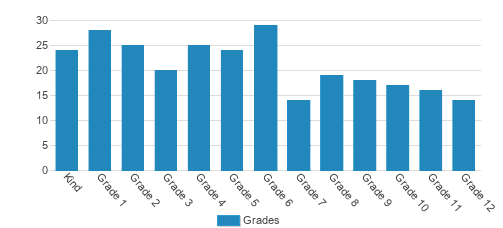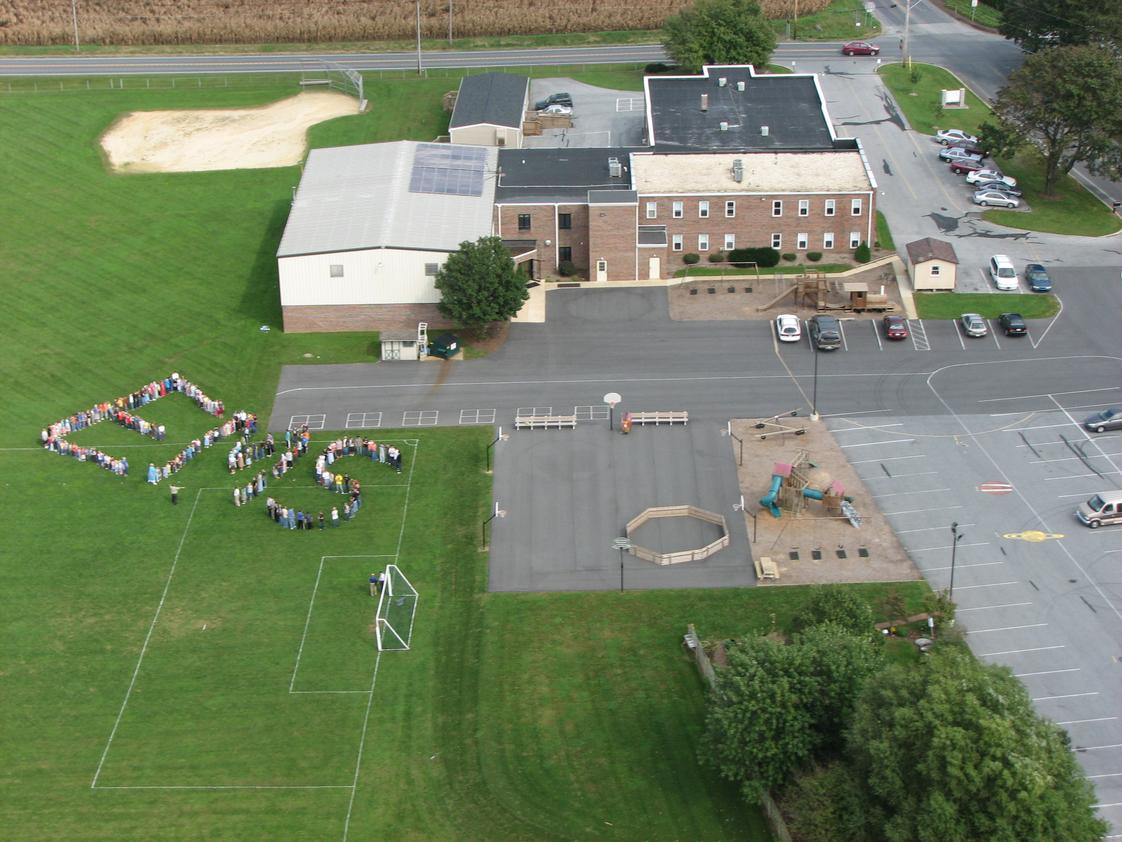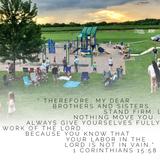Ephrata Mennonite School has been providing Christian education in the context of an Anabaptist faith environment for many years. Ephrata Mennonite provides pupils with faith-infused learning, stressing service, godliness, and harmonious interpersonal relationships.
Ephrata Mennonite School is committed to an Anabaptist/Mennonite faith understanding but also embraces families of other Christian traditions.
Quick Facts (2026)
- Top-Ranked PA School
- Grades: Kindergarten-12
- Enrollment: 294 students
- Yearly Tuition: $7,350
- Acceptance rate: 20%
- Average class size: 15 students
- Application Deadline: None / Rolling
- Source: Verified school update
Top Rankings
Ephrata Mennonite School ranks among the top 20% of private schools in Pennsylvania for:
School Overview
School Membership(s)School Assoc.
Religious Affiliation
Grades Offered
Grades Kindergarten-12
Learning Difference Programs
Yes
Year Founded
1946
School Calendar
Campus Size
5 acres
Student Body
Total Students
294 students
Student Body Type
Co-ed
% Students of Color
4%
State avg.: 27%
Students by Grade

Academics and Faculty
Total Classroom Teachers
24 teachers
Student-Teacher Ratio
12:1
National avg.: 13:1
Average Class Size
15 students
Number of AP/Advanced Courses
6 courses
Tuition and Acceptance Rate
Admission Deadline
None / Rolling
Yearly Tuition Cost
Acceptance Rate
20%
National avg.: 82%
Application URL
Endowment Size
$1 million
School Notes
- School Motto: Learning to Serve
- Ephrata Mennonite School has been providing Christian education in the context of an Anabaptist faith environment for many years. Ephrata Mennonite provides pupils with faith-infused learning, stressing service, godliness, and harmonious interpersonal relationships. Ephrata Mennonite School is committed to an Anabaptist/Mennonite faith understanding but also embraces families of other Christian traditions.
Source: Verified school update
Frequently Asked Questions
How much does Ephrata Mennonite School cost?
Ephrata Mennonite School's tuition is approximately $7,350 for private students.
What schools are Ephrata Mennonite School often compared to?
Ephrata Mennonite School is often viewed alongside schools like Gehmans Mennonite School by visitors of our site.
What is the acceptance rate of Ephrata Mennonite School?
The acceptance rate of Ephrata Mennonite School is 20%, which is lower than the national average of 81%. Ephrata Mennonite School's acceptance rate is ranked among the top private schools in Pennsylvania with low acceptance rates.
What is Ephrata Mennonite School's ranking?
Ephrata Mennonite School ranks among the top 20% of private schools in Pennsylvania for: Lowest average acceptance rates and Largest student body.
When is the application deadline for Ephrata Mennonite School?
The application deadline for Ephrata Mennonite School is rolling (applications are reviewed as they are received year-round).
School Reviews
Endorse Ephrata Mennonite School. Endorsements should be a few sentences in length. Please include any comments on:
- Quality of academic programs, teachers, and facilities
- Availability of music, art, sports and other extracurricular activities
- Academic or athletic awards
Recent Articles

How Global Economic Trends Shape Private School Affordability
Explore how global economic trends influence private school affordability and enrollment in 2026, with insights for families and educators.

Parent Engagement in Private Schools in 2026
Explore how parent engagement in private schools builds strong communities, support networks, and student success in 2026.

So Many Choices: Navigating Private School Selection in 2026
A 2026 parent guide to choosing the right private school, with updated admissions timelines, tuition trends, affordability strategies, and expert insights.















